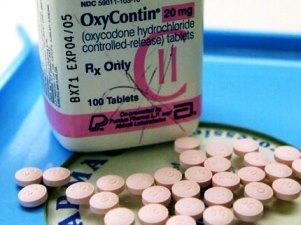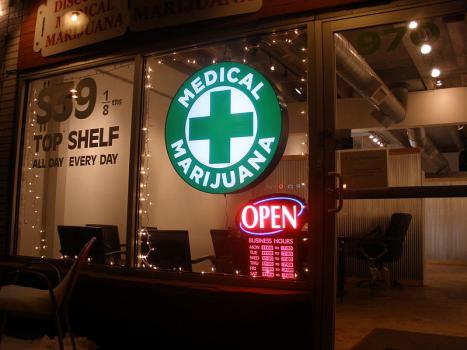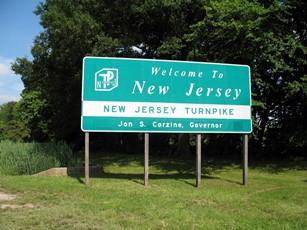
Purdue Pharma is offering to settle thousands of claims arguing that it jumpstarted the nation's opioid crisis.
Chronicle AM: Opioid Maker Ordered to Pay $572 Million, Purdue Pharma Offers Billions to Settle, More... (8/27/19)
Big Pharma companies that deal in opoids are taking a hit, California moves to get rid of a vestige of the dope squad days, and more.







